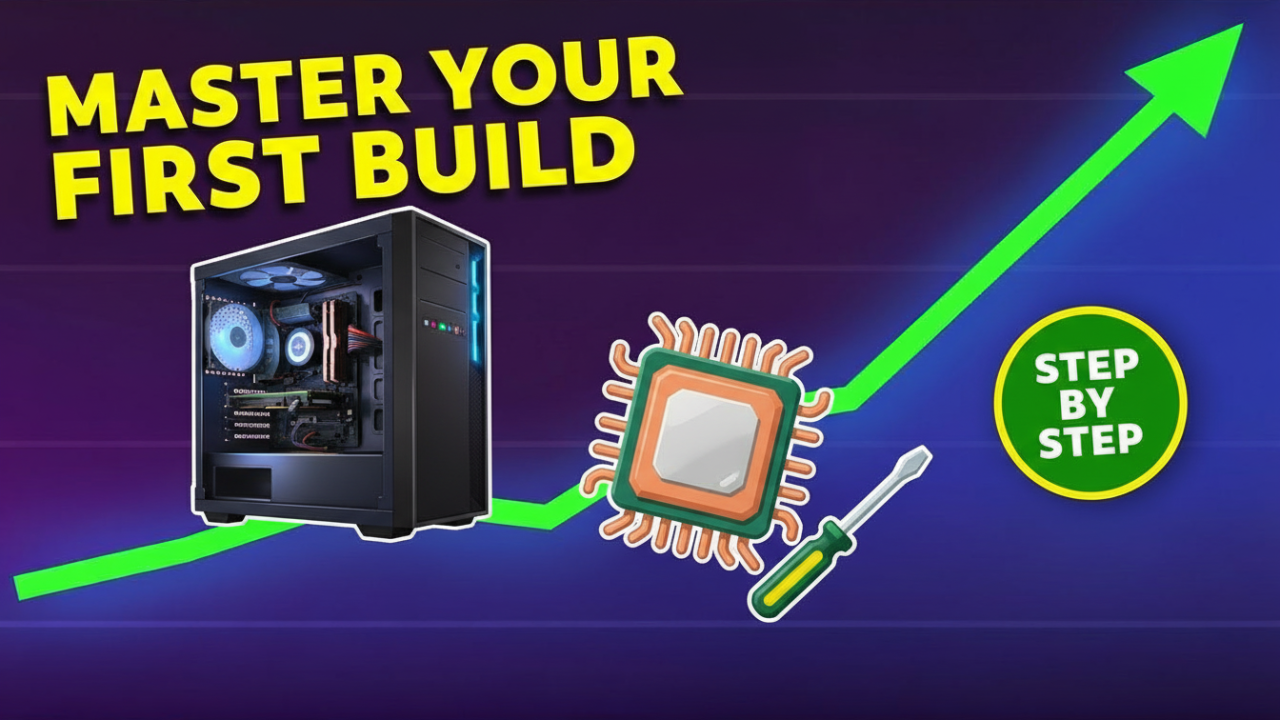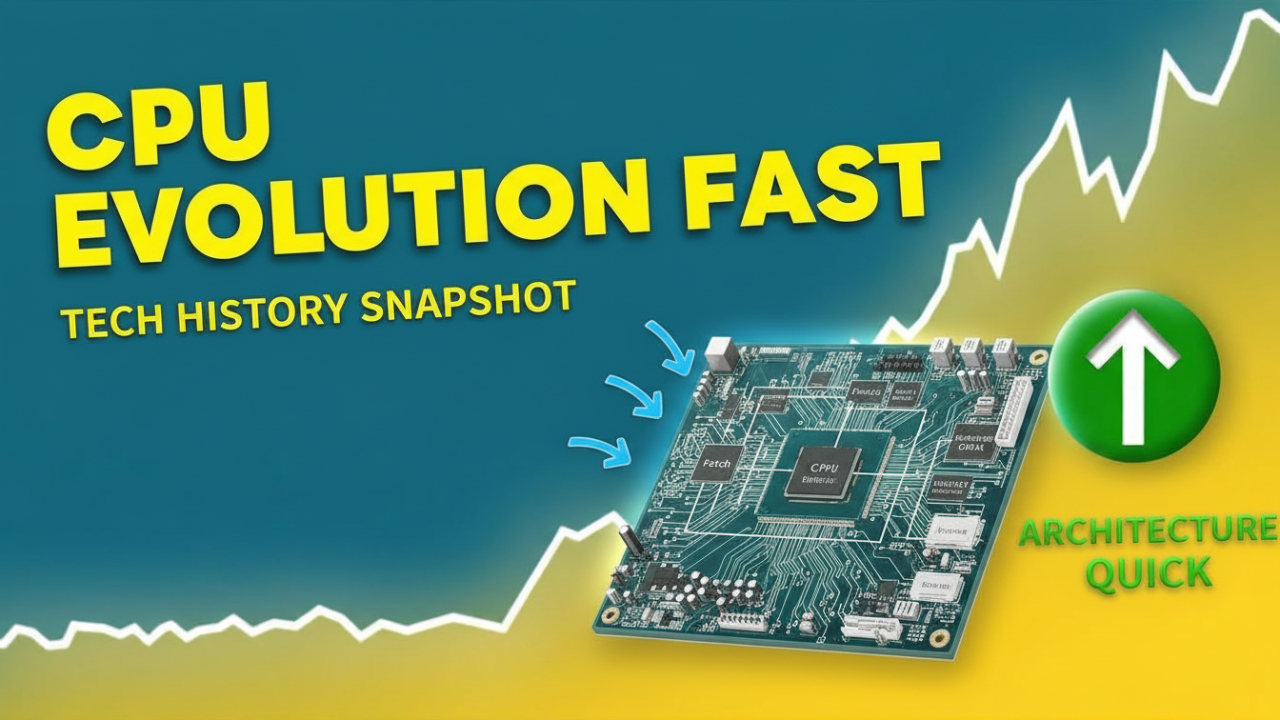The Evolution of Computer Stores: A Comprehensive Overview
In today’s digital age, the relevance of computer stores continues to resonate with consumers and businesses alike. As the heart of technology retail and development, these establishments have evolved tremendously over the years. From humble beginnings as basic hardware suppliers to modern tech hubs that offer a wide range of products and services, computer stores play a pivotal role in the technology ecosystem. This blog post explores the history, transformation, and future of computer stores, shedding light on how they adapt to the ever-changing landscape of technology retail.

A Brief History of Computer Stores
Computer stores have their roots in the early days of personal computing. The late 1970s and early 1980s marked a time when personal computers began to emerge, and with them came the need for specialized retail outlets. Initially, these stores focused on selling kits and hardware components, catering to a niche market of hobbyists and tech enthusiasts.
Early adopters had to assemble their machines, requiring detailed knowledge of hardware specifications and compatibility. Stores like RadioShack, and later CompUSA, capitalized on this need by stocking motherboards, CPUs, and peripherals. As personal computing gained traction, stores diversified their product offerings to include software, accessories, and later, complete systems.
The Rise of Big Box Retailers
The 1990s and early 2000s witnessed the rise of big-box retailers, which changed the landscape of computer sales irrevocably. Retailers such as Best Buy and Fry’s Electronics introduced a new shopping experience through their expansive floor space, allowing customers to see and test products before making a purchase. This era marked a shift in consumer behavior, where purchasing decisions were increasingly made in-store rather than through catalogues or direct sales.
During this period, online shopping began to take hold as well, spurred by the advent of the World Wide Web. As consumers sought convenience, computer stores had to adapt by establishing their online presence. This shift enabled major retailers to offer competitive pricing—with the added benefit of customer reviews, making it easier for buyers to find the best options.
Transitioning into Specialty Stores
As the tech landscape evolved, so too did the demands of the consumer. The early 2010s saw the emergence of specialty computer stores that catered to specific market segments—gaming, corporate clients, educational institutions, and tech professionals. These stores sought to provide not only hardware and software solutions but also personalized service and expert advice.
For instance, gaming stores focused on high-performance components tailored for gamers and competitive play. They offered customization options, building services, and the latest in gaming peripherals. On the other hand, corporate-oriented computer stores emphasized solutions for businesses including enterprise software, bulk purchasing, and tailored IT services.
The Impact of E-commerce
The explosion of e-commerce has been one of the defining characteristics of the last decade, profoundly impacting the way computer stores operate. Major online platforms like Amazon revolutionized how tech products are marketed and sold. This shift led physical computer stores to refine their strategies to provide a unique value proposition.
To compete in this e-commerce-dominated environment, many physical retailers have adopted an omnichannel approach—integrating their online and offline experiences. This means that customers can browse products online, check store inventory in real time, and opt for in-store pickup or home delivery. Additionally, retailers have invested in creating experiential spaces where customers can interact with the latest technology in a hands-on environment, fostering a community feel.
Reshaping the Customer Experience
The modern computer store has transformed from merely a transaction point into a technology experience center. Today’s consumers expect more than just a place to buy products; they seek an enriching experience that includes knowledgeable staff, workshops, and support services. Many stores now offer:
- Workshops and Demos: Regular tech workshops and demonstrations allow customers to learn about new products and technologies. It creates an engaging atmosphere that encourages customer loyalty and education.
- Technical Support and Repair Services: Providing on-site technical support and repair services distinguishes many specialty stores from their online counterparts. Expertise in troubleshooting hardware and software issues adds value to the customer experience.
- Custom Builds: The demand for custom-built machines continues to grow, particularly among gamers and professionals who require specialized setups. Stores that offer consultation and assembly services gain an edge in meeting these niche demands.
- Loyalty Programs and Community Engagement: Many computer stores have launched loyalty programs that provide discounts, membership benefits, and exclusive access to events, thereby establishing a dedicated customer base.
The Future of Computer Stores
As we look forward, the future of computer stores remains promising yet challenging. Continuous technological innovations, changing consumer behaviors, and an unpredictable economy will require these establishments to remain agile. Here are some potential trends that could shape the future:
- Integration of AI and AR: The incorporation of artificial intelligence will enable personalized shopping experiences, while augmented reality could transform how customers interact with products virtually before making a purchase.
- Sustainability: With rising awareness of environmental issues, consumers are increasingly seeking eco-friendly products. Computer stores that prioritize sustainable practices, such as recycling programs for old hardware, may attract a more conscientious consumer base.
- Diversity in Product Offerings: As computing needs evolve, retailers may place more emphasis on products related to IoT, smart home technologies, and green computing. Expanding their inventory to include such products can appeal to a broader audience.
- Enhanced Online Presence: Continued investment in a robust online presence will be crucial. Retailers will need to focus on user experience, faster delivery options, and seamless integration of online and offline sales channels.
Conclusion
Computer stores have undergone a transformative journey since their inception, adapting to technological advancements and shifting consumer preferences. They have evolved from basic hardware retailers into multifaceted technology hubs that offer a diverse array of products and services. The continuous evolution of technology and changing consumer patterns will dictate the future of these establishments, but one aspect remains clear: the industrious spirit of computer stores will persist as they explore new ways to engage and serve their customers.
In an ever-changing landscape, computer stores that embrace innovation while prioritizing customer experience and community engagement are poised to thrive in the future, ensuring they remain essential players in the realm of technology retail.
Shop Now






